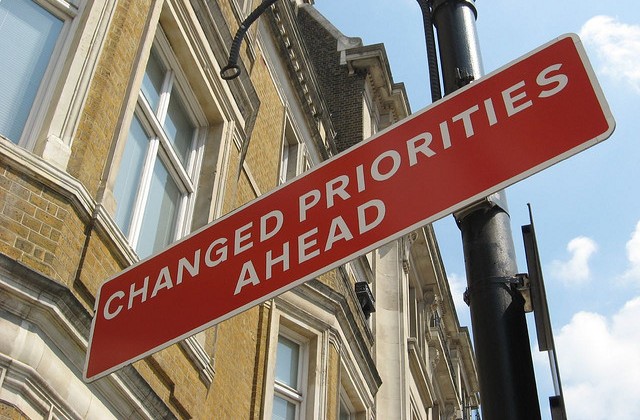
“What must we do, to be doing the works of God?” people asked Jesus (John 6:29). Their question reveals human perplexity in the face of “calling”—a word that suggests divinely-commissioned work. What is my calling? How will I know it when I find it?
Finding our “calling” is a prayerful process, and there’s no formula for discernment, but here are some helpful steps:
Get to know God. A quick survey of Biblical characters suggests that calling begins (and continues and ends) in encounters with God. Moses met God in a burning bush. Isaiah met God in a vision of the heavenly throne room. Saul met the resurrected Jesus on the road to Damascus. These encounters preceded anything they did for God. Their stories remind us that there is never a work we do for God apart from a vision of God and communion with God.
Find your neighbor. When I was a young writer trying to work out my calling, someone advised me, “Write for your neighbor.” If the two greatest commands include love for God and love for neighbor, it is true that callings of all kinds will serve both these ends (and in that order).
One reason we might prefer the word, calling, to other less glamorous words (work and service, for example) is that calling can suggest stage lights. But a test of calling isn’t always potential for global reach and world change. A calling doesn’t always require a plane ticket and a bandstand. True calling is humble, willing to serve in small, local, and invisible ways.
Name your desires. There is no lack of opportunity when it comes to finding “work” in the kingdom of God. The poor, the hungry, the mistreated, and the forgotten beg for notice and help. But one common mistake is to assume that need equals call. Needs indicate important opportunities, but they say nothing about our particular qualifications.
A more reliable indicator of our role to play in God’s kingdom (considered together with need) is desire. What do you enjoy doing? What do you enjoy doing well? “The place God calls you to,” writes Frederick Buechner, “is the place where your deep gladness and the world’s deep hunger meet.”
Count your losses. In God’s economy, nothing is wasted. The valleys of death we have traveled—and by grace, survived—equip us for our calling. Pain enables us to minister God’s comfort (2 Cor. 1:4). Disappointment helps us find the hope that doesn’t disappoint (Rom. 5:5). Jesus was called a “Man of Sorrows,” and his death was necessary to assume his sympathetic calling as heavenly High Priest. If you have suffered a grief in this life, your pain can be spent for God’s greater good.
Take a risk. If calling came with money-back guarantees, we wouldn’t need to exercise faith. God doesn’t assure us we’ll never fail what we attempt. “For the righteous falls seven times and rises again,” (Prov. 24:16). Calling is always a call to courage. The good news is: in the kingdom of God, there is nothing to fear (1 John 4:18).
